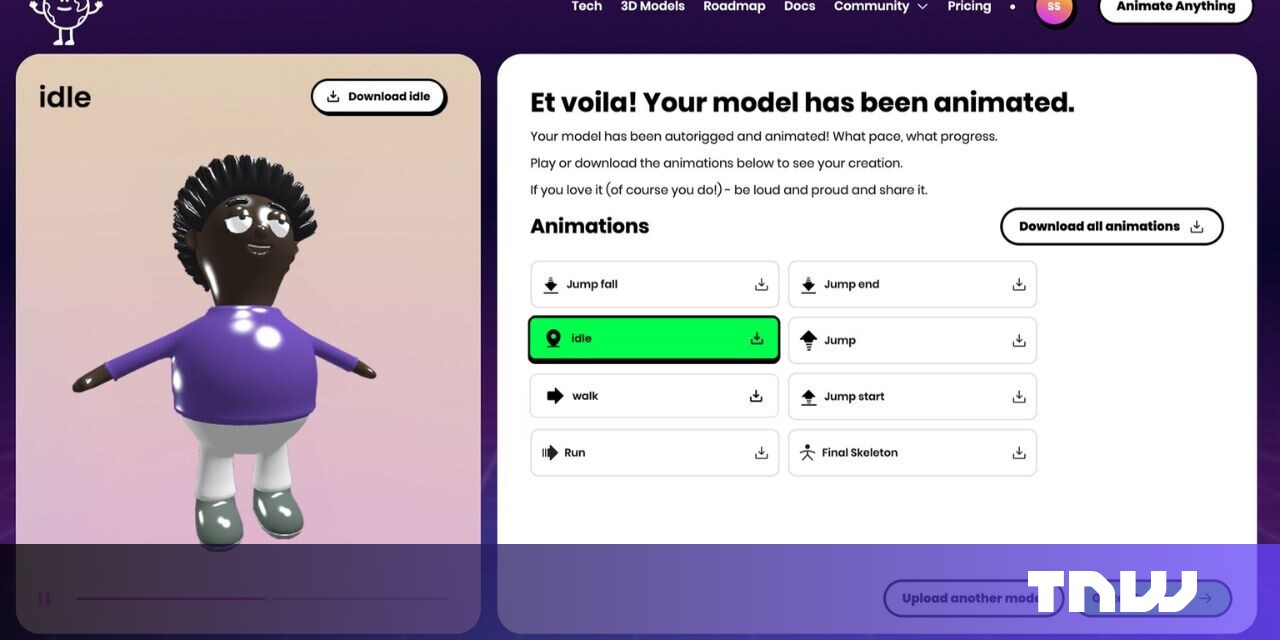Apple deal key to Google’s search dominance, says Microsoft CEO
Apple deal key to Google's search dominance, says Microsoft CEO
Microsoft CEO Satya Nadella claims search engine deal between Apple and Google hinders competition
According to Microsoft CEO Satya Nadella, the search engine deal between Apple and Google has created a significant barrier for other search engines, making it nearly impossible for them to compete. Nadella made this statement during his testimony in the ongoing antitrust trial between Google and the U.S. Department of Justice. As Google is the default search engine on Safari across all Apple devices, users have become accustomed to its use, making it challenging for other search engines like Bing to gain traction.
Nadella amusingly compared the habit of using Google to a daily routine, saying, “You get up in the morning, you brush your teeth, and you search on Google.” With such a deeply ingrained habit, the only way to bring about a change is by altering the defaults. He further argued that Google’s dominance, with its approximately 90% market share, allows the company to improve search results continuously, thus reinforcing its monopoly. Nadella dismissed the notion of choice in the search engine market as “bogus.”
Microsoft’s struggles to make Bing more competitive against Google
Despite Microsoft’s efforts to carve out a larger market share by integrating OpenAI’s chatbot technology into Bing, Nadella admits that it remains uncertain how much artificial intelligence (AI) can reshape the existing search engine market. This is mainly because Google’s distribution advantage, enabled by its default positioning, remains unchallenged. Nadella expresses his concern over this matter, acknowledging the possible intensification of the vicious cycle he feels trapped in due to the reinforced defaults.
Interestingly, in the same trial, Eddy Cue, the senior vice president of Internet Software and Services at Apple, justified choosing Google as Apple’s default search engine, claiming that Google has always been perceived as the best option. Apple receives billions of dollars annually from Google to maintain this arrangement. Cue emphasized that there is no valid alternative to Google.
It is worth mentioning that Microsoft had approached Apple in 2020, offering Bing as a potential acquisition target. However, discussions between Microsoft executives and Eddy Cue did not progress due to Apple’s financial reliance on Google and concerns over Bing’s ability to compete effectively against Google Search.
Apple’s potential to develop its own search engine
Nadella’s assertion that it would be challenging for any search engine, apart from Google, to compete is likely accurate, especially as long as Google remains the default search engine on Apple devices. However, there is a glimmer of hope for potential competition if Apple decides to develop its own search engine in the future.
Mark Gurman of Bloomberg recently reaffirmed rumors suggesting that Apple has considered creating its own search engine. Such a solution would offer enhanced privacy and deeper integration with Siri and Spotlight. Apple has already developed search tools used in various apps like the App Store and Apple TV. Notably, Apple’s AI chief, John Giannandrea, leads a search team within Apple that has reportedly developed a next-generation search engine called “Pegasus.” While currently utilized in some Apple apps, this search technology is expected to be expanded to other applications, including the App Store.
At present, Apple’s search capabilities do not match those of Google. However, Gurman argues that Apple could potentially leverage its existing technology as the foundation for a full-fledged search engine in the future.
Antitrust trial outcome and the future of Apple’s search engine
The antitrust trial, which still has a few more weeks to go, holds the potential for significant implications. If lawmakers target the lucrative deal between Apple and Google, the financial impact of the potential loss of billions of dollars for Apple may catalyze further pursuit of its own search engine option. Only time will tell how this trial will unfold and what consequences it will have for the search engine landscape.
Disclaimer: The content above is a rewritten version, and the original content belongs to the respective authors.






